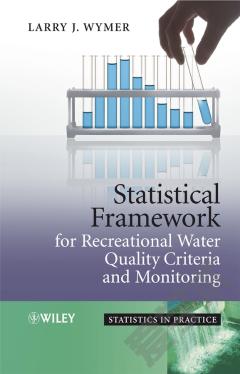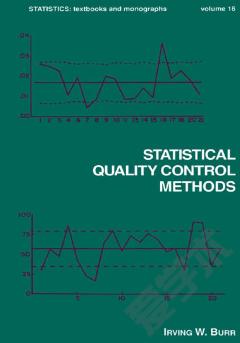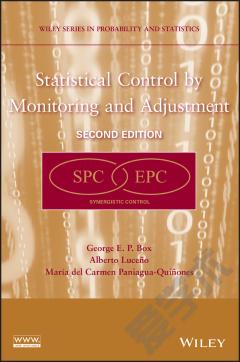Statistical Framework for Recreational Water Quality Criteria and Monitoring
With increasing rates of pollution to both land and aquatic environments, regulations for the quality of our waters are necessarily becoming more stringent. In the light of recent epidemiological studies new criteria are being established for the safety of our recreational waters. In order for such criteria to be developed an established statistical framework needs to be in place. Statistical Framework for Recreational Water Quality Criteria and Monitoring offers a practical guide to the statistical methods used for assessing health effects and monitoring and modelling water quality Both traditional and novel sampling designs are discussed. Written by a team of international experts in the field, this book sets out to provide an essential structure for the monitoring of water quality. · Proposes a much-needed framework for the monitoring of water quality, and provides practical guidance on the statistical methods involved. · Covers risk characterization, empirical modelling, sensitivity analysis and measures of robustness. · Details sampling methods and quality control approaches. · Presents crucial, real-life results from recent large-scale studies of water quality, central to the development of the area. · Accompanied by a supplementary website hosting data sets and tools for data analysis. The book is primarily aimed at public health officials, staff of regulatory bodies and students and faculty members of environmental and statistical science courses. There is also much to benefit readers from environmental research and risk analysis.
{{comment.content}}








 京公网安备 11010802027623号
京公网安备 11010802027623号